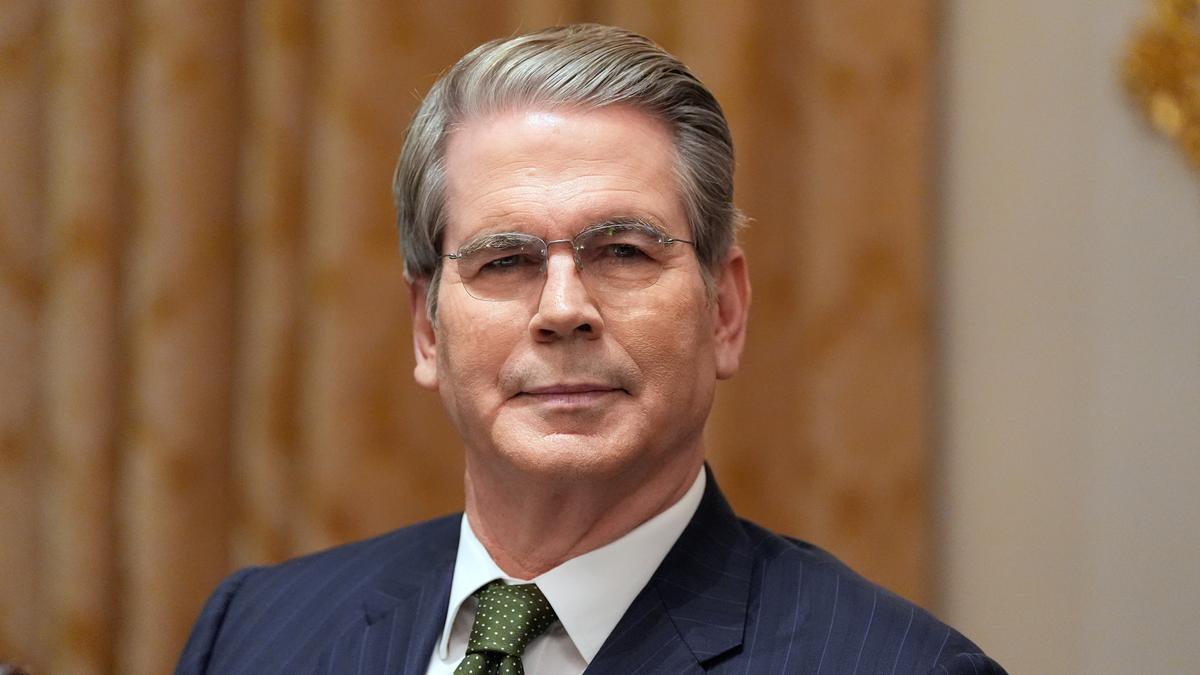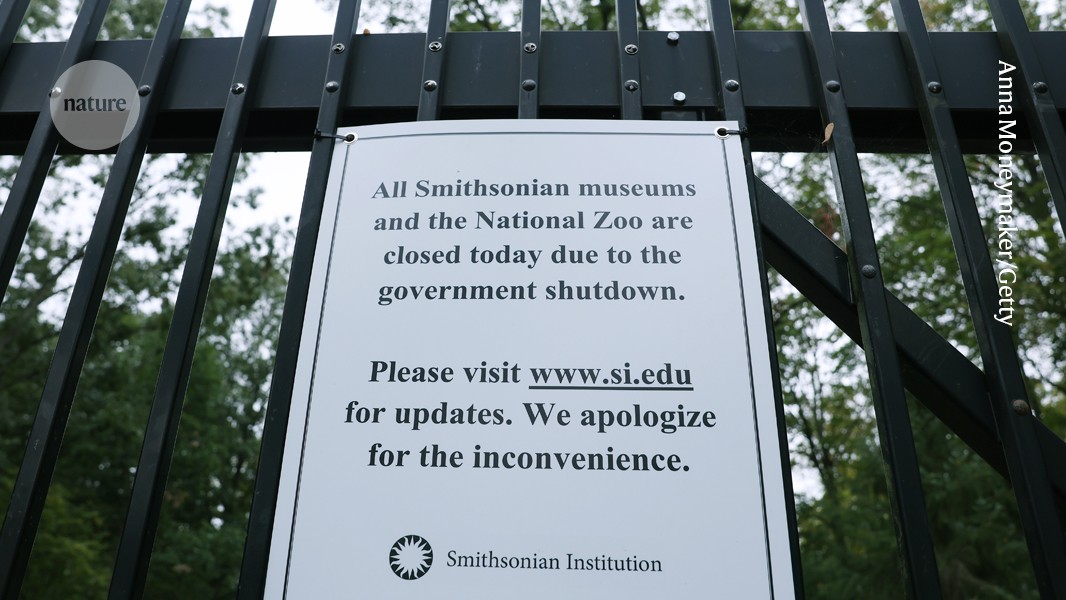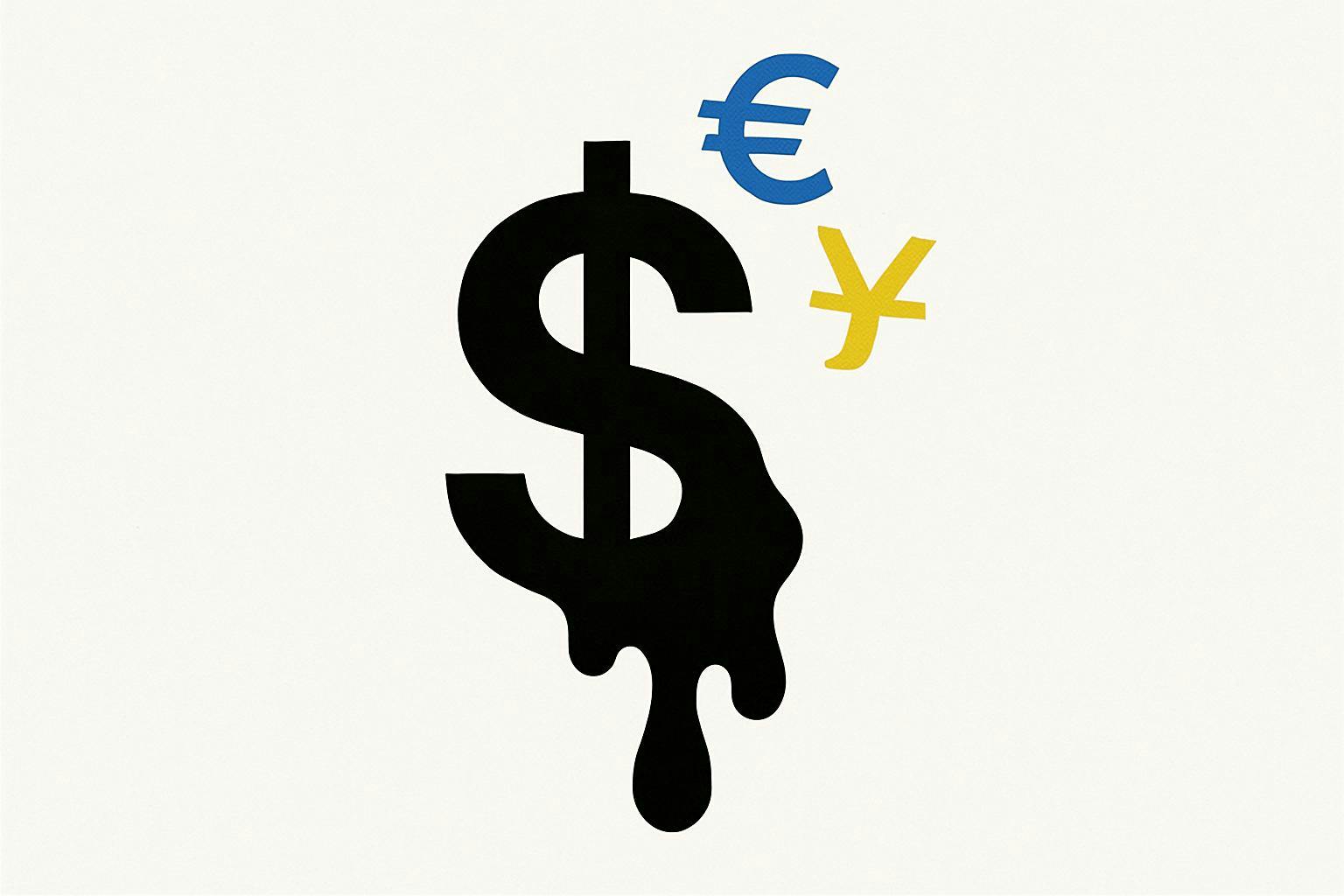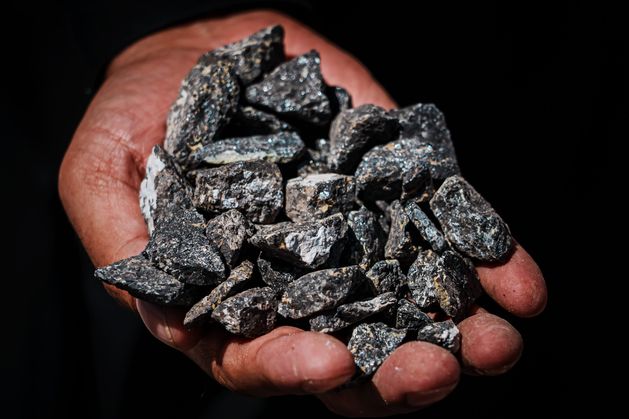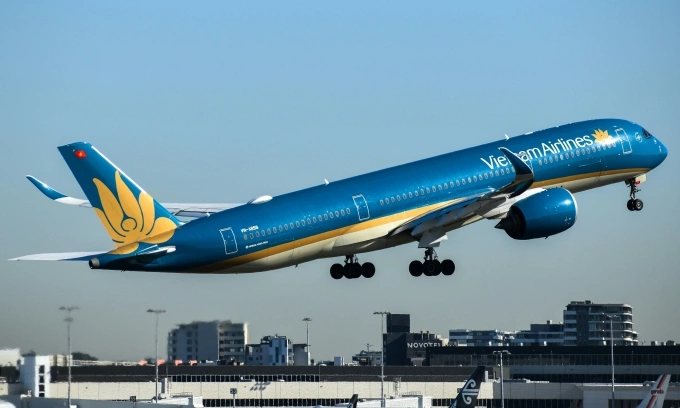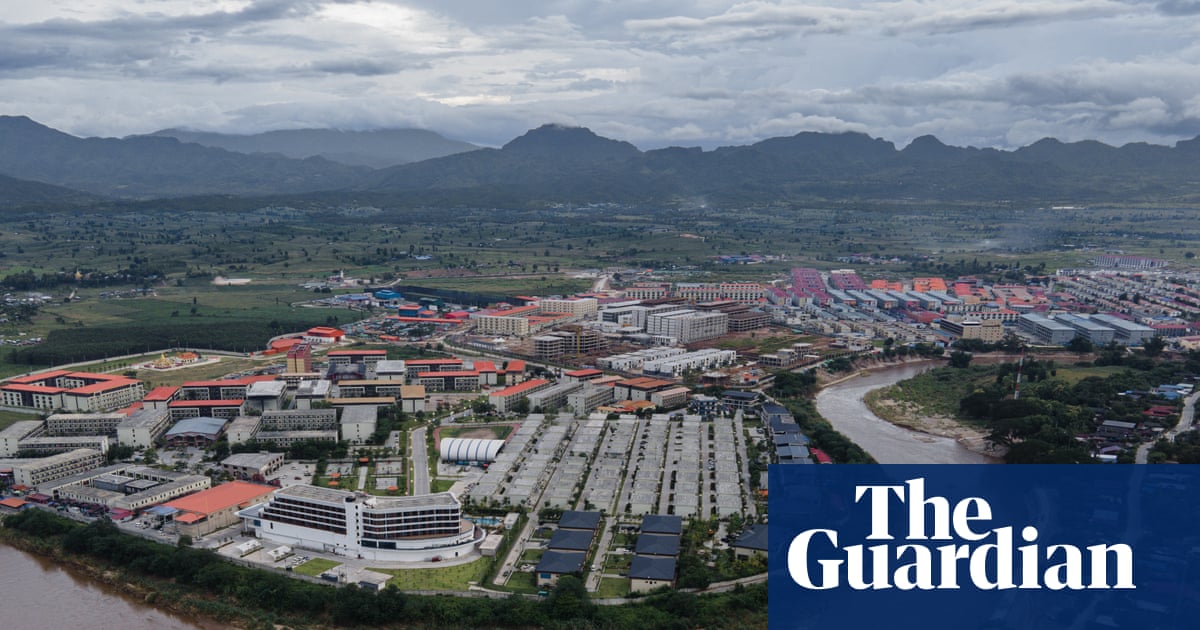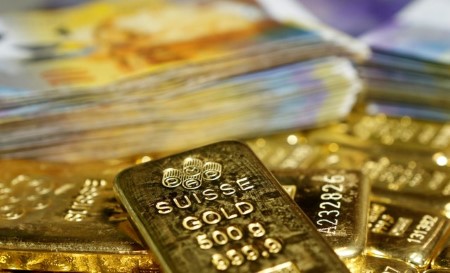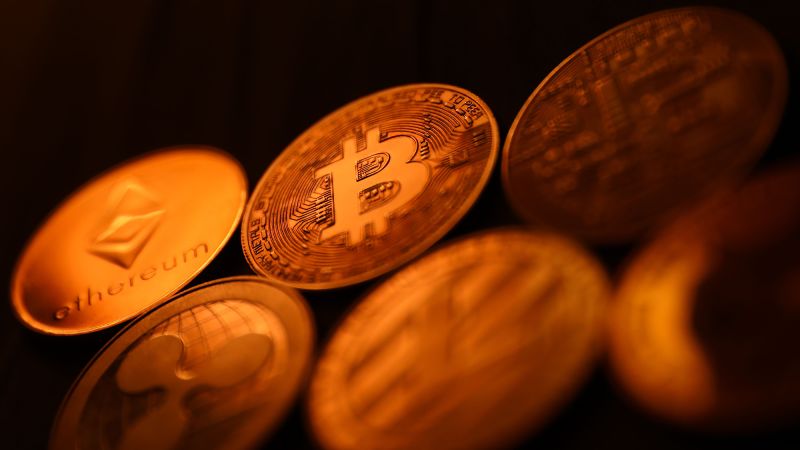Unbelievable Irony: U.S. Wants India’s Help While Slapping Tariffs on Their Goods!

Imagine this: the U.S. is asking for help from India while simultaneously hitting them with steep tariffs. It sounds like a plot twist from a political drama, but it's the reality of today's global trade dynamics. U.S. Treasury Secretary Scott Bessent has stated his expectation for cooperation from India and European allies to mitigate China's overwhelming control over the rare earth supply chain.
Bessent's comments came during an interview with Fox News, where he underscored the importance of global solidarity against Beijing's influence. However, the irony of his statements wasn't lost on many, especially given that the U.S. has slapped a hefty 50% tariff on Indian goods at the same time it calls India a strategic partner. This duality paints a complex picture of international relations, where the U.S. seeks allies while penalizing them economically.
Rare earth elements are crucial in various industries, especially defense, powering everything from advanced fighter jets to precision-guided missiles. In fact, China controls about 60% of the global mining and over 90% of the refining of these essential materials. This dominance is alarming for the U.S., which relies heavily on these elements. Bessent pointedly remarked, "It's China versus the world," highlighting the urgent need to diversify supply chains away from Beijing's grasp.
China has recently intensified its economic maneuvers, imposing fees on U.S. ships as tensions escalate. These moves are not merely strategic; they pose a significant threat to global economic stability, as Bessent warned. "The United States is pushing for peace in the world. China is financing war," he asserted, drawing a stark contrast between the two nations' positions.
As trade talks loom, the backdrop of tariffs complicates the situation further. President Trump has delayed a potential 100% tariff on Chinese imports, trying to ease tensions before a meeting with President Xi Jinping. Meanwhile, Trump’s messaging has wavered, suggesting a desire to help China despite imposing tariffs that indicate otherwise.
Looking beyond politics, a significant player in this narrative is India, which holds vast untapped reserves of rare earth minerals. Despite having substantial deposits of monazite, a mineral rich in rare earth elements, India's processing capabilities are far behind China's. However, the Indian government is stepping up its game with the launch of the National Critical Mineral Stockpile program, aimed at securing vital rare earth elements necessary for clean energy and defense.
India is estimated to possess approximately 7.23 million tonnes of rare earth oxide, predominantly found along its southeastern coastlines. With a budget allocation of Rs 500 crore to ensure steady access to these minerals, India is gearing up to solidify its role in the global supply chain.
Bessent remains optimistic about securing international support, stating, "We’ve already been in touch with allies," reaffirming the U.S. commitment to working alongside democracies in Asia and Europe to counterbalance China's influence.












